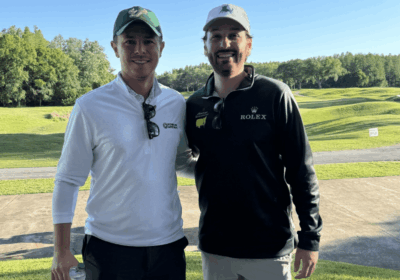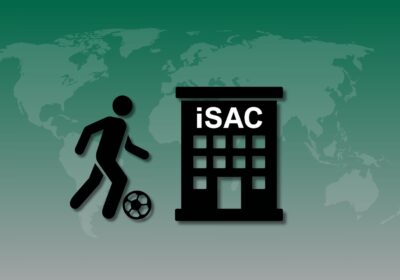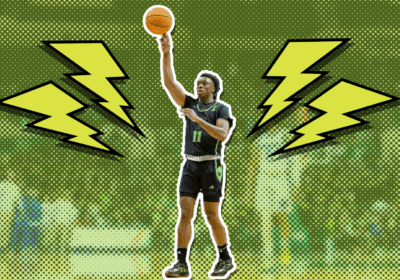USF volleyball player defies the odds

Payton Brown has only played in one match so far this season, but coach Courtney Draper said she is in the mix for more playing time.
ORACLE PHOTO/DONOVAN UY
When Payton Brown was born in November 1995, the doctors feared she had meningitis. She received treatment for the deadly disease immediately, but was mistakenly given an overdose. The overdose left Brown deaf only 11 days after her birth.
When she was 2 years old, she received her first of two hearing implants through surgery. Brown could only hear well out of one ear until she opted for her second surgery at 14. Bullied throughout school, she ignored her peers’ opinions of her disability, except when it came to volleyball, where she used it as motivation.
“I’ve always wanted to play D-1 ball to prove everyone wrong,” Brown said. “When I first started playing club ball they would say ‘you might as well give up, you’re too short and you’re hearing impaired, you won’t get into college ball.’”
Now, the 5-foot-6-inch Brown is a freshman defensive specialist for the Bulls. She appeared in her first match during the USF Invitational this weekend and coach Courtney Draper said her name is always in the conversation for more playing time.
“She’s in a little bit of a tough spot because the players in her position have more experience,” Draper said. “But she competes really well in practice. She didn’t play opening weekend, but she’s right there in the running for (playing time).”
When Draper does find playing time for Brown, she wears a microphone around her neck that is wirelessly connected to Brown’s hearing aids.
“She gives me what I consider a small microphone every time I’m addressing our team in the gym or even in the locker room,” Draper said. “She sets it up for me and makes sure it’s all ready to go.”
With the aid of the microphone, Brown can clearly hear what her coach is yelling to the players. Brown said this can cause Draper’s voice to drown out her teammates sometimes, but it doesn’t cause any problems on the court.
Brown is used to not being able to hear her teammates on the court from her experiences with U.S. Deaf Volleyball. Brown was at a club volleyball tournament and Lynn Ray Boren, the coach of Gallaudet University, a school for the deaf, saw her play.
He wrote to Brown to recruit her to come play, but she originally did not want to be associated with a deaf organization.
She didn’t give him a firm answer, so he sent one of his former players to watch Brown play.
“She came for my game and it was a really good game,” Brown said. “Afterward she came up to me and invited me to the deaf Olympics team. As the team captain, she usually didn’t do that, but she really wanted me to join.”
She enjoyed her time with the Deaflympics team, but the way the game is played is much different from how she plays with the Bulls.
“I can’t hear anything at all, but I still talk for the ones that can kind of hear,” Brown said. “After a play, we come to the middle and sign for the next play. The game is completely different because it’s a big trust game. You have to go for everything and it makes you more aggressive.”
Playing without the ability to hear can present communication challenges, but playing for the Deaflympics has helped strengthen other aspects of Brown’s game.
“I’ve learned how to read the ball because I can’t hear it, I only see it floating around,” Brown said. “I have to step out of my comfort zone because we aren’t allowed to wear our devices.”
Her experience with the deaf team has helped her learn how to read her teammates at USF better and she said it has made her a more aggressive player.
Thus far, Draper said Brown hasn’t had any difficulty adjusting to volleyball at the college level.
“If there’s a lot going on, she’s very good at reading lips so if people are talking and looking at her, she has no trouble,” Draper said. “But it’s a learning experience for all of us.”







